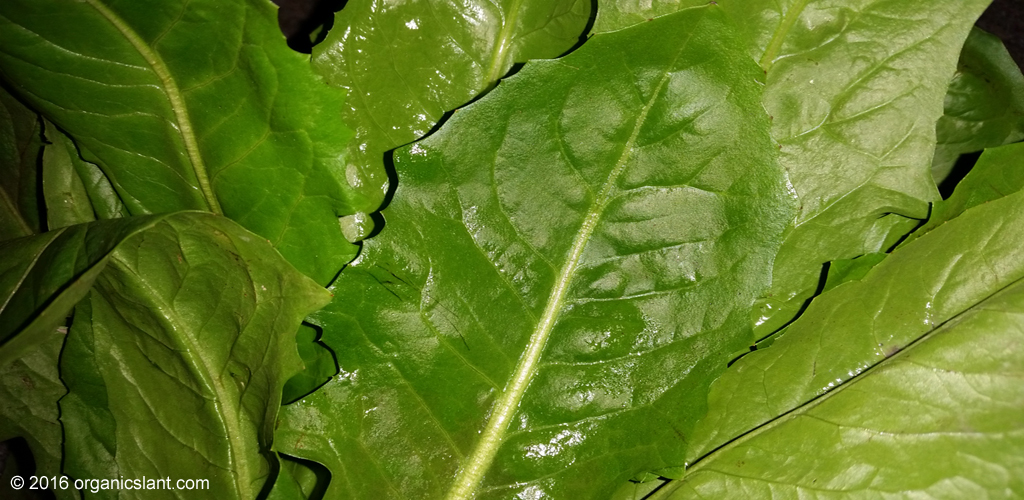While dandelions are considered a nuisance by those who prefer a pristine lawn, others know the many benefits that dandelions have yielded over centuries in the areas of folk medicine and healthy eating.
It’s proven as an antioxidant that also lowers blood sugar, but it may also be useful in treating jaundice, cirrhosis, edema, gout, eczema, and acne. There’s even evidence that dandelion greens might prove helpful in treating AIDS and herpes. Highly nutritious as an ingredient in salads, its roots show ever-increasing possibilities in the fight against cancer.
Folk medicine claims the dandelion plant is a powerful healer, used to purify the blood, settle digestion and prevent piles and gall stones, among other maladies. The fact is the greens of the humble dandelion provide 535 percent of the recommended daily value of vitamin K, which may be the most important source of any other plant-based food to strengthen bones, but may also play a role in fighting Alzheimer’s disease by limiting neuron damage in the brain.
Dandelion greens also give the body 112 percent of the daily minimum requirement of vitamin A as an antioxidant carotenoid, which is particularly good for the skin, mucus membranes and vision. A flavonoid called zeaxanthin protects the retina from UV rays, while others, primarily carotene, lutein, and cryptoxanthin, protect the body from lung and mouth cancers.
Need more benefits? Dandelion greens are high in fiber, which helps your body shed waste. These greens also contain vitamins C and B6, thiamin, riboflavin, calcium, iron (crucial for generating red blood cells), potassium (to help regulate heart rate and blood pressure), and manganese. Other nutrients present in dandelion greens include folate, magnesium, phosphorus, and copper.
A study in 2011 involving the testing of dandelion root tea showed there may be a “kill switch” on leukemia cell receptors through a process called apoptosis. Researchers reported that dandelion root tea didn’t seem to send the same “kill” message to healthy cells. The study concluded that dandelion root extract may prove to be a non-toxic alternative to conventional leukemia therapy.
Dandelion root extract also showed itself to be a possible cancer fighter, halting the growth of melanoma cells without inducing toxicity in non-cancerous cells – even those cells considered to be drug-resistant.

 Shocking Glyphosate Levels in Popular Bread: Florida’s Eye-Opening Food Testing Report
Shocking Glyphosate Levels in Popular Bread: Florida’s Eye-Opening Food Testing Report Spray Foam Insulation: Energy Hero or Cancer Culprit?
Spray Foam Insulation: Energy Hero or Cancer Culprit? Compound in Mediterranean diet makes cancer cells ‘mortal’
Compound in Mediterranean diet makes cancer cells ‘mortal’ A daily dose of yogurt could be the go-to food to manage high blood pressure
A daily dose of yogurt could be the go-to food to manage high blood pressure